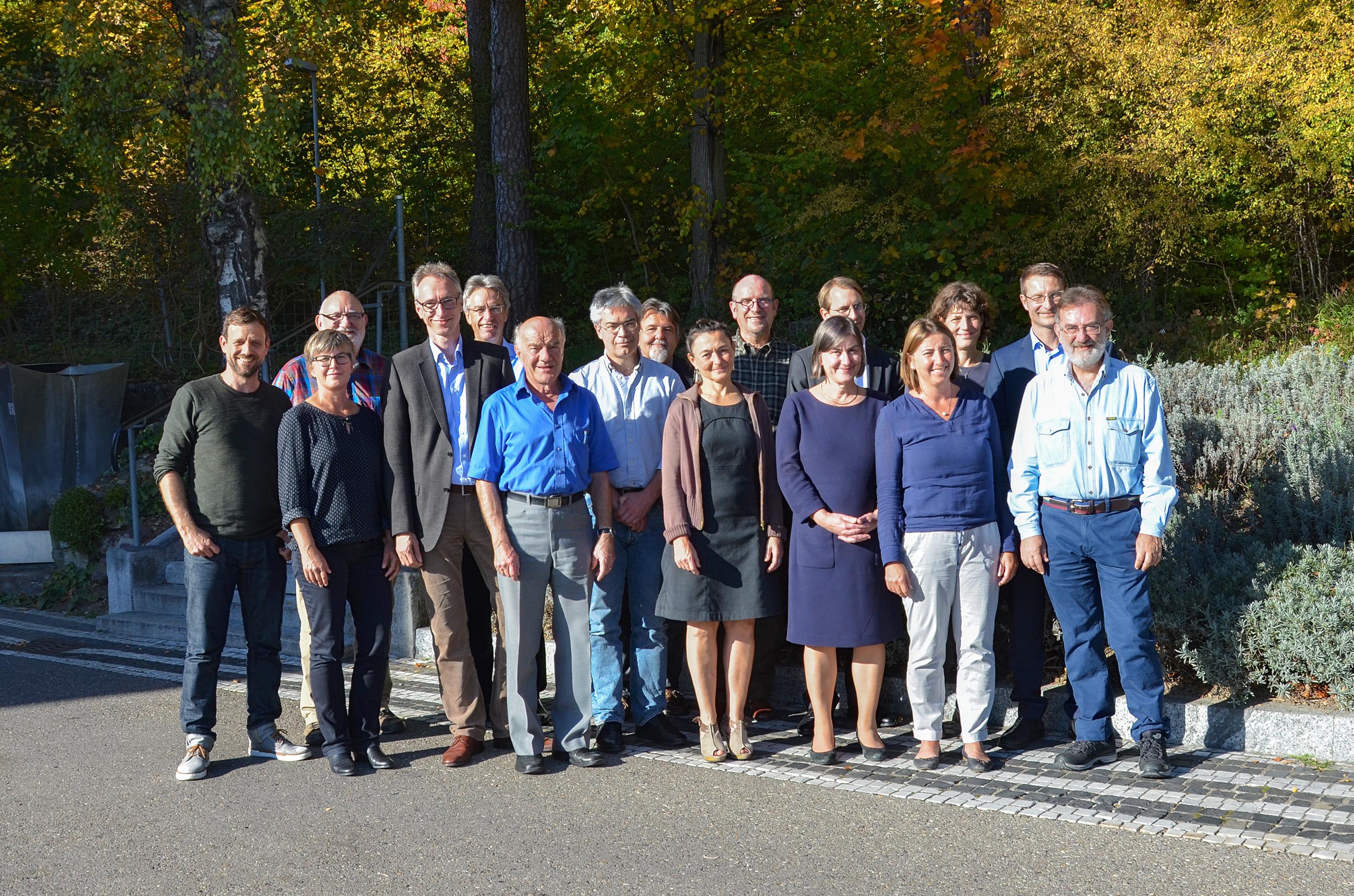NRP 72 - Step by step towards a comprehensive portfolio

This year, 25 projects of NRP 72 have already started and a second call should help to close remaining research gaps. By early 2018, NRP 72 should be more or less complete.
The National Research Programme "Antimicrobial Resistance" (NRP 72) started one year ago with 25 projects. At the same time, the NRP launched a second call and participated in a call of the international research platform Joint Programming Initiative on Antimicrobial Resistance (JPIAMR).
Good coverage after the first call
In September 2015, NRP 72 launched its first call. It called for research projects in all three modules of the programme: 1 Development and spread of resistance, 2 New drugs and faster diagnostic techniques, 3 Optimised use of antibiotics.
The three modules reflect the main approaches taken by national and international programmes to stop the development of antibiotic resistance: close monitoring of resistance dynamics in humans, animals and environment (one-health surveillance), new avenues to identify and fight multi-resistant germs, and more careful use of existing drugs, as championed by stewardship programmes.
The 21 ongoing projects of NRP 72 are making important contributions in all of these areas. In addition, the NRP supports Swiss partners in projects of the international Joint Programming Initiative on Antimicrobial Resistance (JPIAMR). Four projects that were integrated into NRP 72 from the beginning can be broadly categorised as belonging to the first module.
Second call to target and fill research gaps
Despite the success of the first call, some research gaps remained. To close those gaps, the Steering Committee of NRP 72 launched a second call at the beginning of 2017 with clearly defined topics. In module 1, projects with a clear one-health approach were sought. They needed to cover at least two of the areas human medicine, veterinary medicine and environment. In module 2, projects developing new diagnostic methods were needed and, in module 3, intervention studies. At the same time, the NRP participated in the fifth JPIAMR call, which also focused on intervention studies for a more targeted use of antibiotics.
The JPIAMR call resulted in the selection of five projects with Swiss participation, the names of which were announced on 15 November (see News JPIAMR projects). The selection process for the second NRP call has also been completed. The National Research Council of the SNSF will need to approve the proposed projects by the end of the year. The last projects will be integrated during 2018 because the programme is participating in the sixth JPIAMR call (see News sixth JPIAMR call).
- Another five JPIAMR projects within NRP 72
- JPIAMR seeks research projects to develop new drugs and therapies
